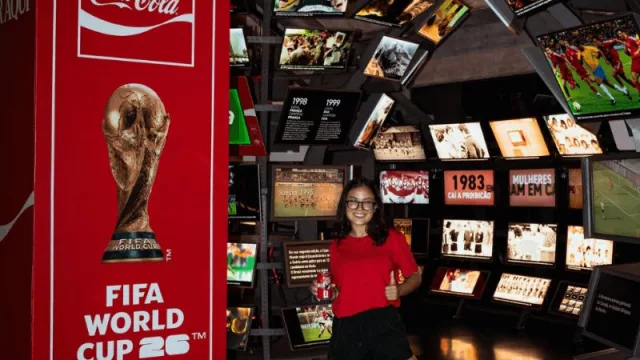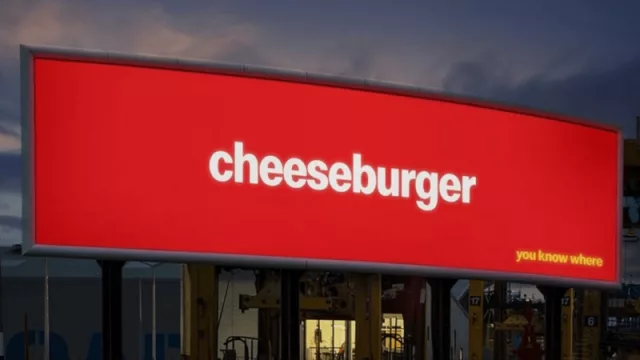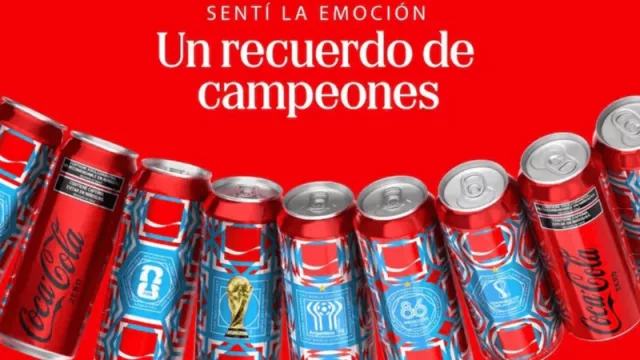The fact that Zuckerberg himself has clearly distanced himself from the Metaverse raises doubts about all those who followed him, which should invite deep reflection on the part of venture capital investors who backed this idea.
The Metaverse, that elusive technology promising to immerse users in an uncomfortable and bewildering world akin to a video game, is dying after being abandoned by the business sphere. Its lifespan barely reached three years.
This Metaverse, with a capital "M," born from the 1982 film "Tron" and the 2003 video game "Second Life," came to light in 2021 when Facebook's founder, Mark Zuckerberg, renamed his trillion-dollar company as Meta.
Following its launch, the Metaverse became the obsession of the technology sector and the new tool to attract Wall Street investors. However, the lack of a coherent product vision led to its decline, an aspect that even an intense advertising campaign could not salvage. Now, the technology industry has shifted its focus to a new and exciting idea: generative AI, leaving the Metaverse in the past.
The destiny of the Metaverse is now the graveyard of failed ideas in the technology industry. Nevertheless, its short lifespan and ignominious death accurately portray the technology industry that witnessed its birth.
A Grand Promise That Isn't "Reality"
Since its launch, Zuckerberg claimed that the Metaverse would be the future of the Internet. An impressive and captivating promotional video accompanied Zuckerberg's announcement of the name change, depicting a future in which we could seamlessly interact in virtual worlds, establishing eye contact and feeling as if we were in the same room together.
The worst thing is not when highly digital developments fail; much worse is when they become hugely successful. No one denies that it would be good if Meta were a success, although the reality is that such a digital entity, lacking physical coherence, is generating an enormous exaggeration of dependency on the digital realm. AI is already a tremendous success, and perhaps that is even worse because it very likely should not be as successful, and the risks are becoming increasingly high. Perhaps everyone online needs to reconsider the purpose of digital evolution. As evidence, the Godfather of AI admits regrets and highlights the great risks caused by its misuse today.
El “padrino del AI” revela los peligros que su mal uso hoy están provocando
Chronicle of a Foretold Death
The Metaverse offered people the opportunity to participate in an "immersive" experience. These dazzling promises generated high expectations around the Metaverse. The media couldn't stop talking about it. Immediately after the announcement, The Verge published a nearly 5,000-word interview with Zuckerberg, in which the author described it as "an expansive and immersive vision of the internet." The glowing profiles of the Metaverse seemed to indicate a promising future, but the actual technology did not live up to that promise. In a strange virtual reality interview with CBS host Gayle King, low-quality avatars of King and Zuckerberg clumsily interacted, straying from the futuristic vision painted in that video. There was never a real evolution, neither in terms of consumption nor experience.
Make no mistake, Mark is extraordinary.
Those who achieve greatness also make big mistakes. That's why Zuckerberg, Musk, Jobs, Branson will always be special. They never gave up before trying everything and they are great transformers. It's natural that if you make significant innovations in the world.
Among your attempts, there will be failures that this type of person uses to learn and achieve future great successes.
In fact, the big problem is that most people and companies don't do anything new out of fear of making mistakes.
Mark is great, and that's why his mistakes are proportional to his magnitude.












Tu opinión enriquece este artículo: